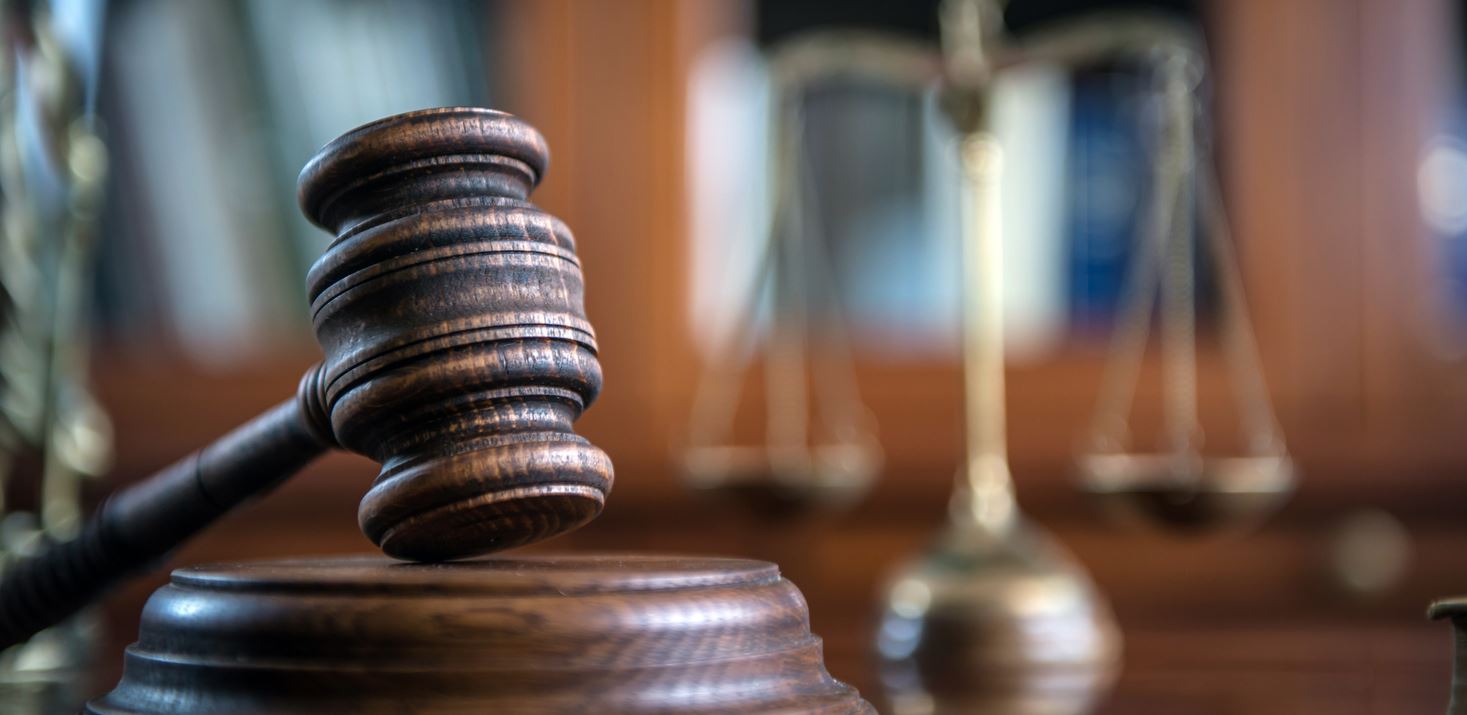As usual, there is a story behind this question. But, before I get to the story, I will answer the question quickly. There is no Chapter 20 under the bankruptcy code. A Chapter 20 is a slang term which refers to a Chapter 7 followed by a Chapter 13. It is, in essence, two bankruptcies which are not necessarily combined, but that work in conjunction with each other to help a consumer get the fresh start that he or she needs. If that is all you needed to know, you can stop reading now. But, if you want to know the story behind the question, please keep reading.
The other day, a call came through from a previous car accident client. After his accident, I went to the hospital to sign him up. While there, we struck up a particularly interesting relationship. I’ve never met someone who had so many questions. But, his questions are usually pointed and with a purpose. Let’s just say that he is a very curious guy. So, I always attempt to answer his questions quickly, as his mind has little time for idle chatter. When I try to go into detail, I usually get the eye roll from him. When I get the eye roll, it’s time to move on. It’s an unusual relationship, but, it works for us. People who like to talk about the day, the weather, politics would not understand this relationship.
So, he calls me and says: “Carmen, I have a quick question for you.” I responded as I always do: “You never have a quick question, but go ahead.” Usually, a response to one of his quick questions requires about a five minute explanation. He laughed and said: “Yeah, I guess that’s true. So what’s a chapter 20?”
I said, “What in the world do you need to know about chapter 20?”, and then I remembered who I was speaking to. So, I explained how chapter 20 works quickly.
The most wonderful thing about practicing bankruptcy law is that you will never encounter two clients with the exact same type of case. Sure, there are many people who have similar issues, but, the facts of their situation or what brought them to my office will always be different. With that in mind, there are situations where people need to file what is known as a Chapter 20 bankruptcy. Again, a Chapter 20 is comprised of two bankruptcies. First, the consumer will file a Chapter 7 bankruptcy, and once the Chapter 7 bankruptcy is completed and discharged, they will follow the Chapter 7 with a Chapter 13 bankruptcy to pay the non-dischargeable debts.
Let me explain how this works. Sometimes, a consumer will have both: debts which are dischargeable and debts which are non-dischargeable. Dischargeable debts are those debts like credit cards, medical bills, etc. which a consumer can discharge in a Chapter 7 bankruptcy. Once they receive their Chapter 7 discharge, those debts are forever discharged and uncollectable.
At the same time, that same consumer may also have non-dischargeable debts. Non-dischargeable debts are those types of debts which the bankruptcy code has specifically stated will survive a bankruptcy discharge. Most of the time, this includes recent IRS debt or alimony, maintenance, and child support. Likewise, student loans may also be non-dischargeable. In other words, these debts can survive the Chapter 7 discharge and come due and owing the day after the Chapter 7 discharge is entered.
The theory behind a chapter 20 is that once the consumer gets his or her chapter 7 discharge, he or she will be left with debts that need to be paid after the chapter 7, and the consumer may be unable to pay them as these debts come due. But, what if the consumer cannot afford those monthly payments as they come due?
A follow up Chapter 13 will allow the consumer to make structured payments through the Chapter 13 process and provide them with relief from their creditors. The consumer will not be eligible for a Chapter 13 discharge, but, they don’t need a discharge as it has already been established that the only debts remaining after the Chapter 7 are non-dischargeable debts.
So, that is a Chapter 20 in a nutshell. It is not used regularly, but, it is used.
Contact Our Attorneys Today
If you or a loved one are experiencing financial issues and would like to speak to one of our bankruptcy experts, please feel free to give us a call and set up a free consultations. You will be glad that you did.


